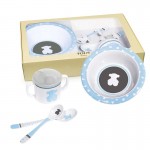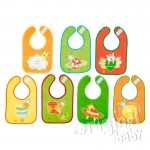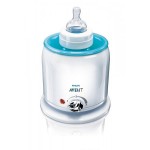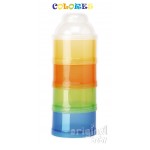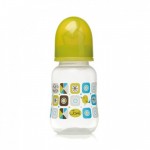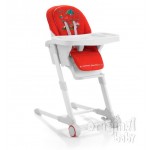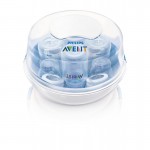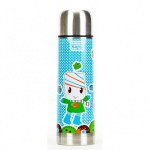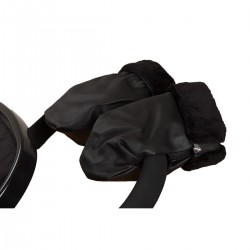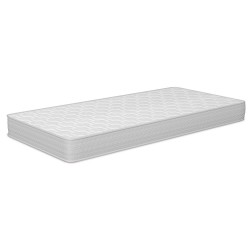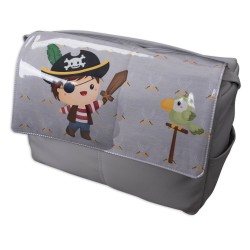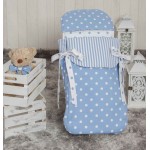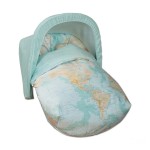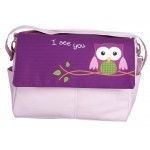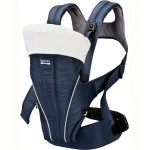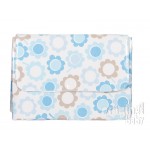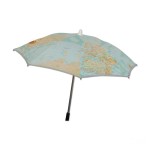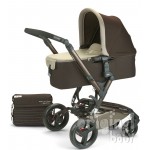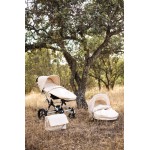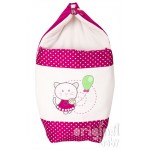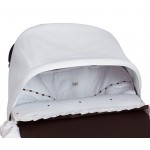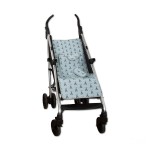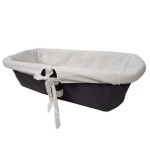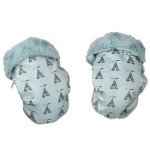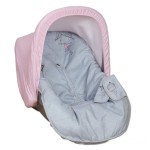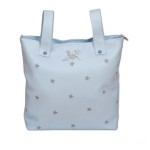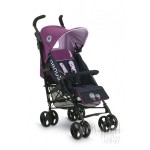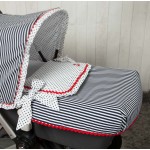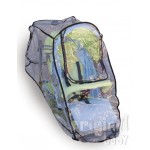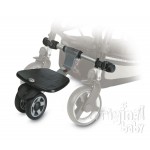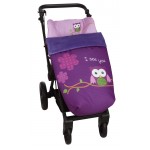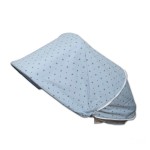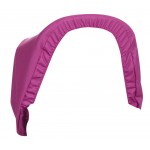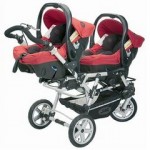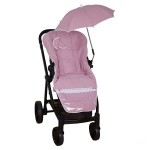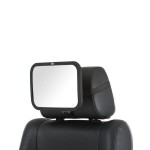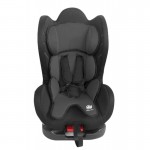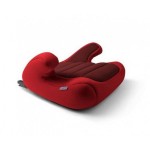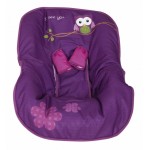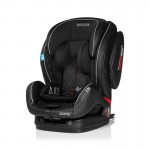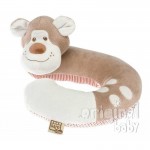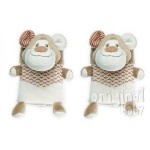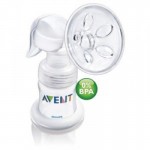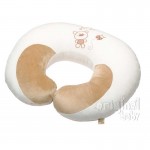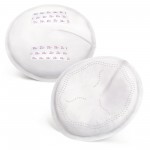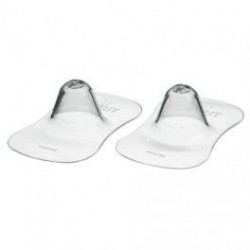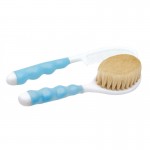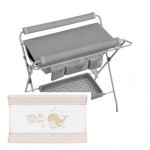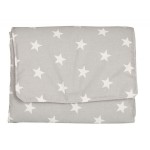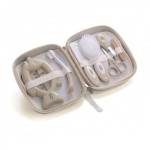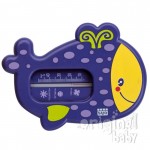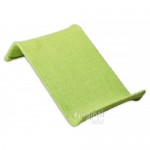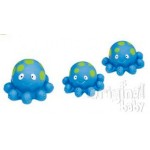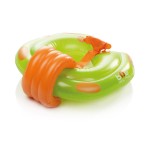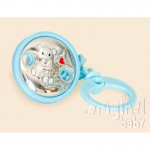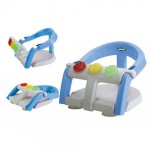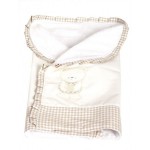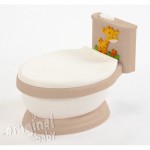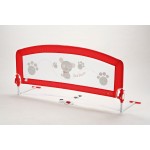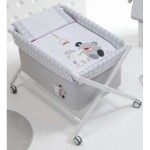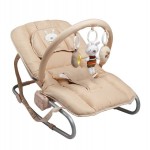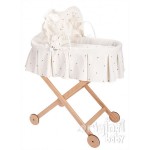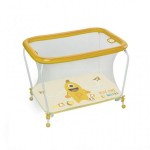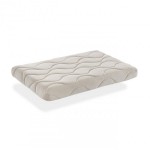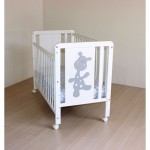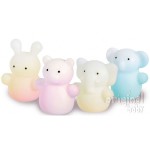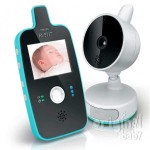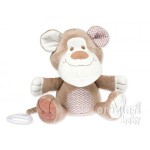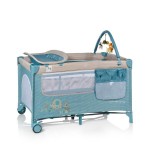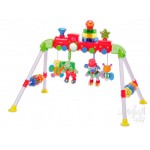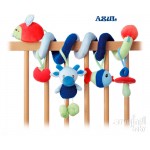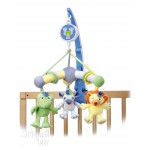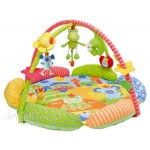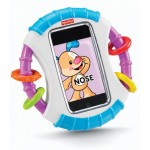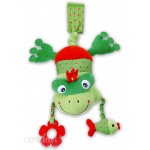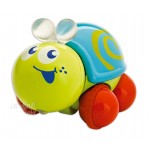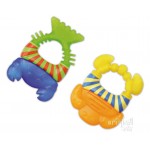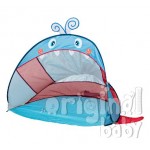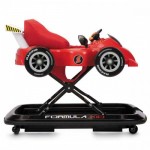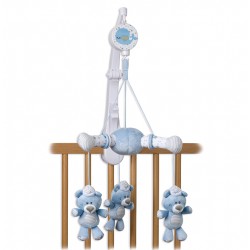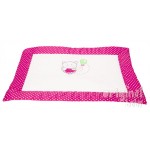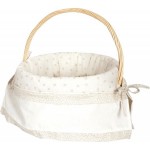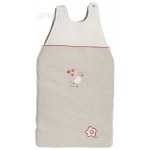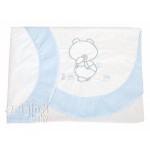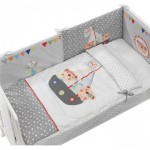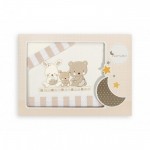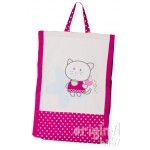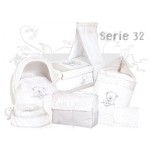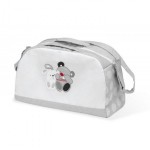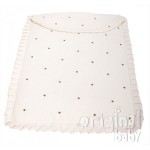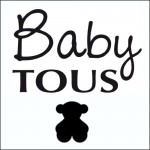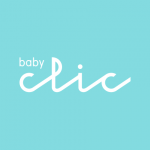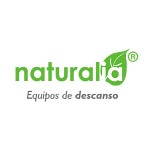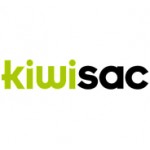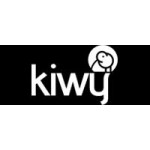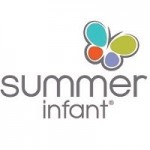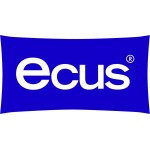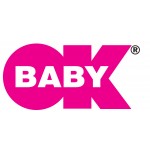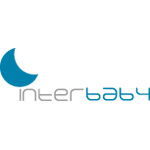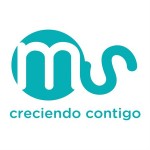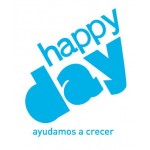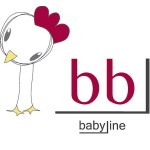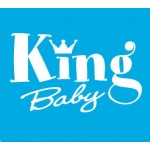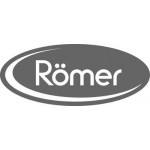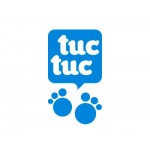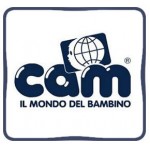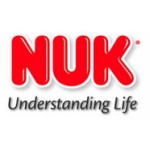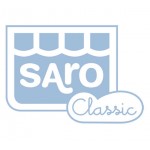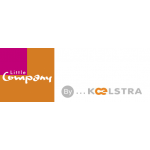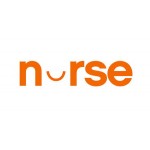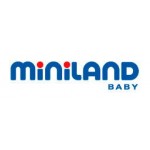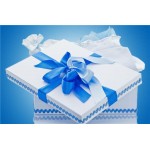Top Baby Care

The arrival of the baby is a time of many questions for parents, especially those who have their first child. Soon after discharge from the hospital, many questions about the care that must be taken with the child are common. To assist in this process, in this article we have produced ten valuable tips on the main care of the newborn.
Bath care
Before removing the baby clothes, pack the entire environment, put everything that is used around and discarded anything that you are not going to use. It is important to let the water it with a warm temperature, which can be proven with the elbow. Use a mild soap and prevents colognes, oils and TALC because they may have allergies or irritate the baby's skin.
Diaper change
All diaper changes always use warm water for cleaning and washing. Always clean in a one-way direction, from top to bottom, to avoid contamination.
Umbilical cord care
Always keep it clean and dry, especially at its base, using a swab of cotton with absolute alcohol (70% GL) and leaving it exposed. Don't be afraid to touch the stump, which does not hurt.
At home, needed some kind of attention with the stump. Up to 10 days after the fall of the umbilical cord, you can you have a small hemorrhage or have a little discharge. Thus, the stump of cleaning must be after every diaper change and after the bath to avoid infection, up to 10 days after its fall. Wash the navel in a bath, normally with SOAP and water. Then dry them thoroughly. You can help the healing process by keeping the area of the belly button clean and dry.
This cleaning is not painful, but some babies may not like it and claim due to contact with the skin with cold liquid (alcohol). Wash your hands before cleaning the stump. Removed the diaper and wet the ends of the flexible rod with alcohol 70%. Insert the flexible rod between the stump and the skin in a circular motion. Use the amount of required flexible Rod until it is completely clean.
After cleaning the base, it also passes the flexible rod with alcohol for the rest of the stump. The use of Occlusive dressings, gauze, track or any other product in the residual limb is not recommended. This can make the vent and healing.
In the presence of redness on the skin near the trunk, or foul-smelling discharge, please contact your child's doctor. This may represent an onset of inflammation and soon see you, best evolution. Then, don't use mercury or thimerosal or any antiseptic with color because it can mask the appearance of inflammation.
Prevention of infections
It is important to always wash your hands thoroughly when you pick up or touch the newborn, because they do not yet have all developed antibodies. It is also advisable to avoid enclosed spaces, crowds and contact with sick people.
Pediatric control
It is recommended that the child starts 10 days after the Pediatrics to make a monitoring.
Baby transport
Never carry a baby in the front seat of the car and, mainly, on your lap. Close all the doors and follow correctly the instructions to assemble the stroller.
Evaluation of the newborn
After the second day of the child's life, testing or test should be performed. This diagnostic test early various diseases, which allows adequate treatment for the normal development of the baby.
Vaccines
Once the baby is larger, it must be brought to the basic unit of health and continue with the vaccination schedule.
Jaundice
Some babies develop a yellowing of the skin, which is called jaundice. The problem starts from the second day of life and tends to increase in the fourth and fifth days. If you notice yellowing of the legs and arms, he seeks medical care for clinical evaluation.
Nutrition
Breastfeeding ensures adequate infant nutrition and protects it from various diseases. This meal is easily digestible, collaborates for the development of intelligence and prepares to speak with greater ease. Remember: every mother has milk, regardless of the size of the breasts, only should have patience and insist on breastfeeding.
There are no weak milk or little nutritious, that leaves baby mame at will, because the amount of milk will increase the baby's MOM. There is no rigid schedules need to breastfeed, but the interval between meals should not exceed 4 hours. All babies should be breastfed for recommendation to the first 6 months of life. If the mother need to be absent for a few hours or days, you can get out the milk and store it in the freezer for five days or in the freezer for 15 days. Never put it in the refrigerator door. Breast milk should be heated in a water bath.

